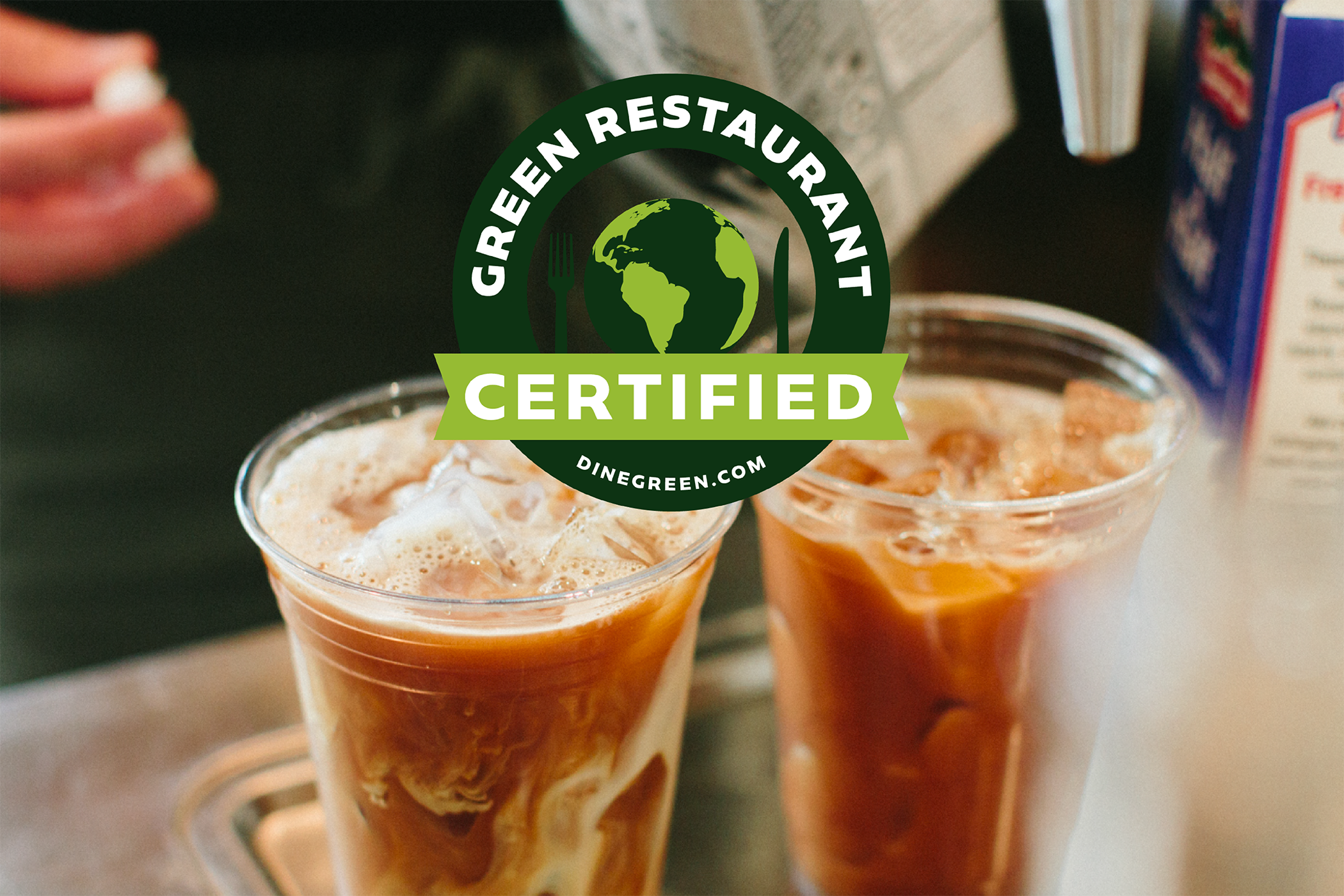
Green Restaurant Association and Sustainability
Did you know that we are a certified Green Restaurant?

The Green Restaurant Association (GRA), founded in 1990, is a nonprofit organization dedicated to helping restaurants operate more sustainably using transparent, science-based certification standards. These standards span seven key categories: Energy, Water, Waste, Food, Chemicals, Disposables, and Building.
We began the certification process last year as a means to identify where we could make meaningful improvements in both of our cafes. Our Lansdale cafe achieved Level 1 Green Restaurant Certification in September, followed by our Ambler Location in October. Since then, we’ve continued working closely with the GRA to raise our score and further reduce our environmental impact.
At Backyard Beans, sustainability has always been a core value. Over the past several years, we’ve prioritized evaluating and improving our environmental practices not just in our cafes but also in our production facility. Our partnership with the GRA has enabled us to adopt a more structured approach and further enhance our efforts.
We earned our Level 2 Certification for our Ambler cafe and our Level 3 Certification for the Lansdale cafe through a combination of existing practices and newly implemented initiatives, including:
-
Comprehensive recycling and composting
-
Energy- and water-efficient equipment
-
Responsible sourcing of food and materials
-
Offering a “bring your own cup” (BYOC) discount to reduce single-use waste
-
Using local food vendors when possible
Bring Your Own Cup
Encouraging the use of reusable cups has been a particularly effective step. We offer ceramic mugs and glasses for in-house beverages and promote the use of reusable cups by offering a discount. Disposable cups, whether conventional or plant-based, typically end up in landfills and can take over a century to decompose. Thanks to you, our lovely customers, we’ve prevented over 5,000 cups from ending up in the landfill since the program began. The momentum is growing—1,665 cups saved last year, and 3,415 so far this year.
Local Food Vendors
Supporting our local community is another essential aspect of sustainability for us. That's why we continue to source products from Pennsylvania businesses as much as we can! We are always looking for local companies close to our cafes to source products, such as milk, bread, cheese, and produce. If you know of any, please send them our way. Our newest local vendor is Lansdale Honey - we go through about 5 pounds worth every week! Other local businesses we work with include Ashley Foods, Ed’s Produce, Merzbacher’s Bread, and Lancaster Farm Fresh/Maplehofe Dairy.
Our Sustainability Journey Doesn’t Stop Here
We understand there's always room to grow, and we’re committed to continuing the work, whether that means auditing our energy use, reducing waste even further, or finding more ways to support local producers. We’re also exploring eco-friendly packaging options, expanding our composting efforts, and providing ongoing sustainability training to our team. At Backyard Beans, sustainability isn't a marketing buzzword; it's a value we live by. From the farms we source from to the cups we serve your coffee in, every decision is an opportunity to do better for the planet and our community. We’re incredibly grateful to our customers and staff who support these efforts. Whether you bring your own cup, compost your to-go materials, or simply stay informed, you’re helping make a real impact!

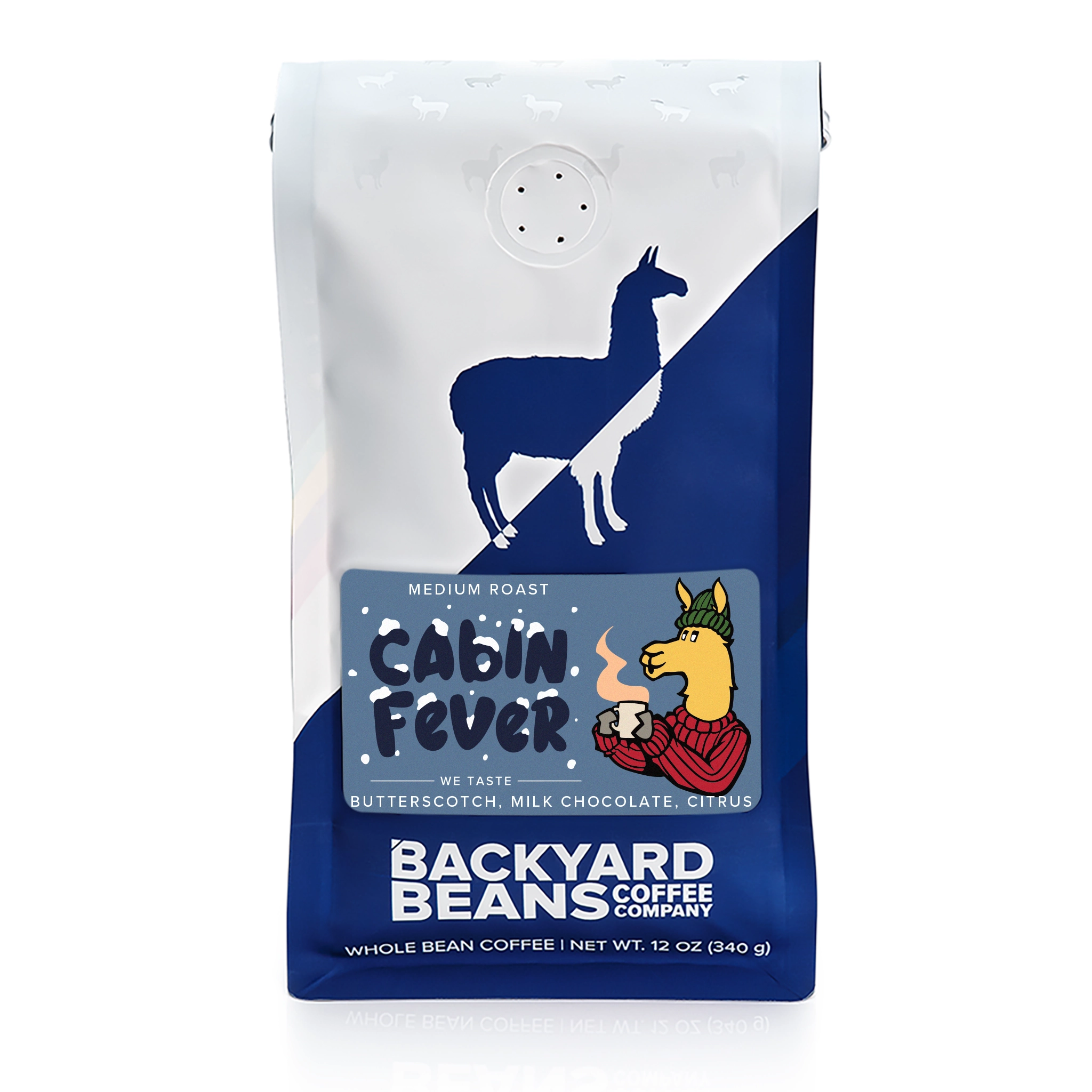

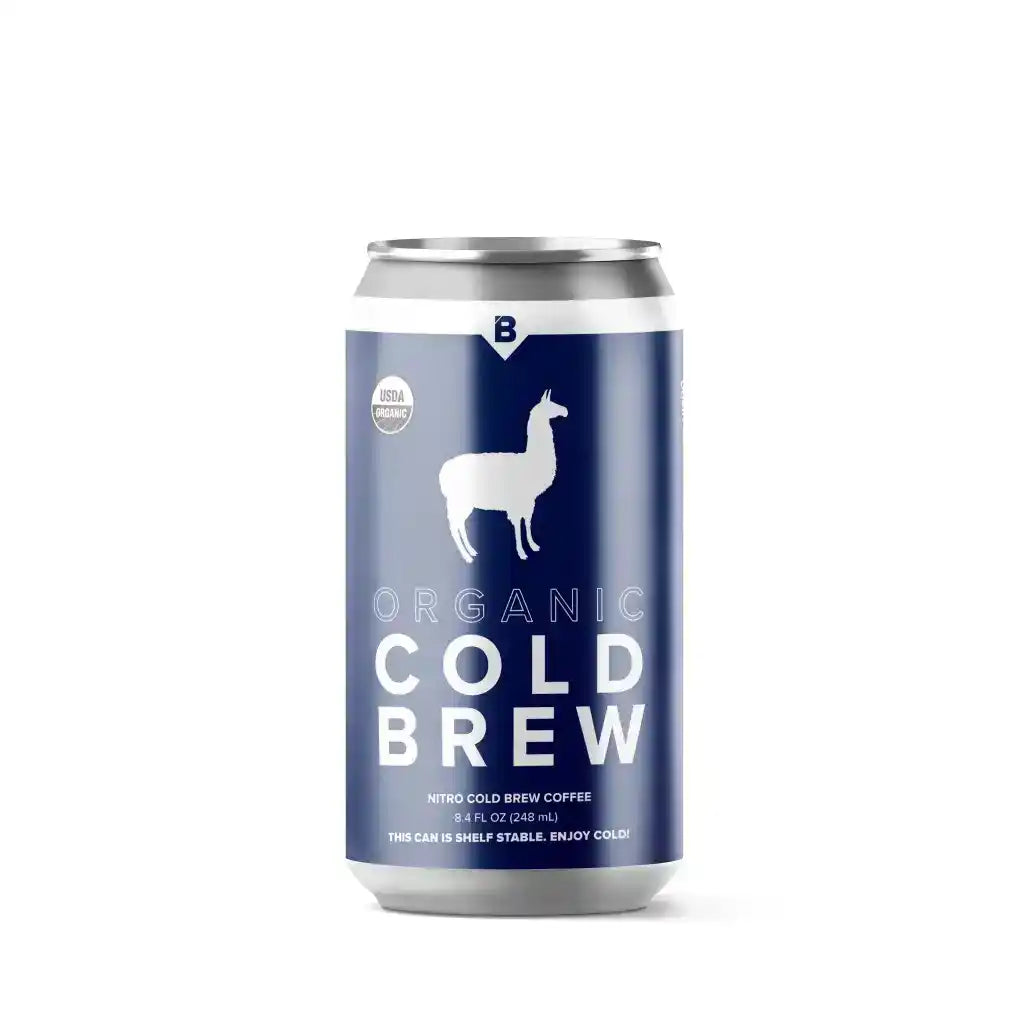
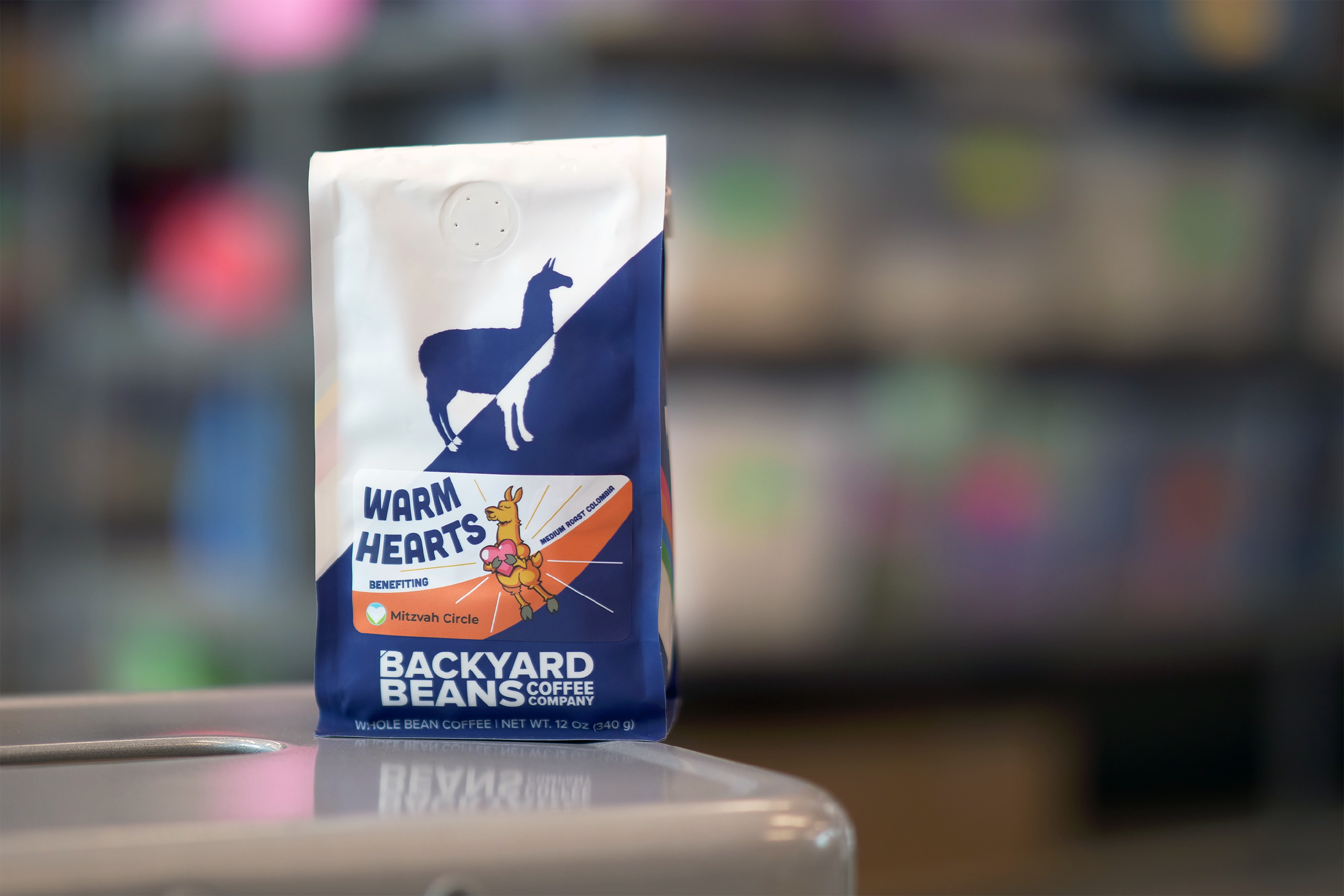
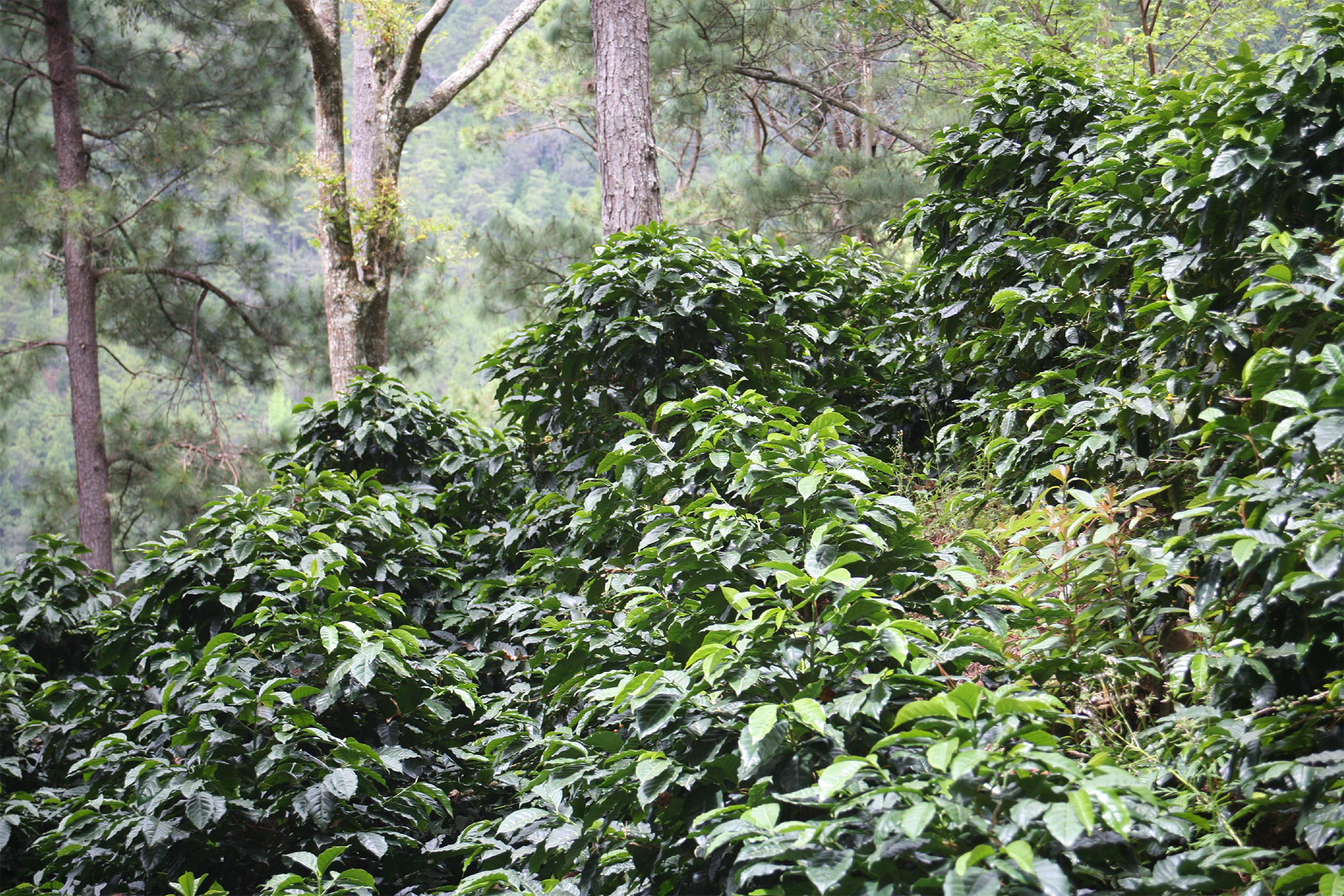
1 comment
Since writing/publishing this blog, we’ve made improvements to our GRA scores at each cafe and both have reached the highest status – level 4 certification!
Laura Adams
Leave a comment
This site is protected by hCaptcha and the hCaptcha Privacy Policy and Terms of Service apply.